Reply To:
Name - Reply Comment
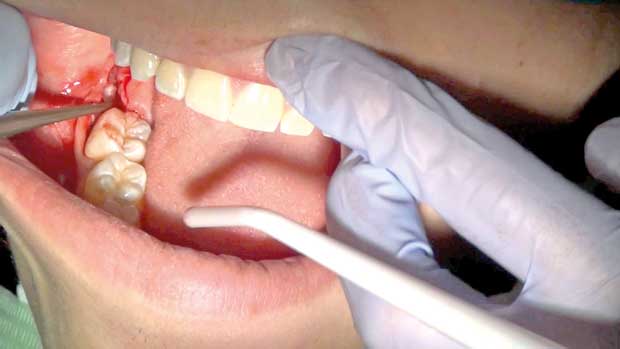
 “At present, wisdom teeth have been identified as a problem for many patients. This is mainly because of the lack of space in the jaw to accommodate these teeth”
“At present, wisdom teeth have been identified as a problem for many patients. This is mainly because of the lack of space in the jaw to accommodate these teeth”
While there are many serious health issues that currently plague the population, it is necessary to include dental complications in the list. It is true that dental issues take a backseat when compared with more pressing health matters and very few are concerned with oral hygiene. Wisdom teeth takes the cake when it comes to being a pain in the mouth.
What exactly is a wisdom tooth? Despite the speculation that exists among people that wisdom teeth can make you wiser, this isn’t true. On a more serious note, it was felt that the public’s eyes had to be opened and awareness raised regarding wisdom teeth. To bring oral hygiene into the limelight, the health capsule spoke to dental surgeon, Dr. (Mrs.) Machila Perera, to gain more insight into wisdom teeth and their complications
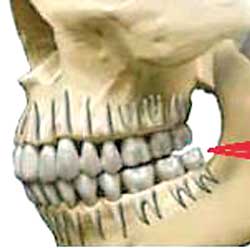
It is the third molar, the last of the molar teeth to erupt in the oral cavity in the permanent dentition of the upper and lower jaws. The formation of the third molar starts at the age of 7-9 years although they start erupting between the ages of 18-24, appearing at a time when one is considered to be more mature and wise, hence ‘wisdom teeth’. People develop four wisdom teeth, two each in the upper and lower jaws.
Anthropologically speaking, Dr. Machila said our human ancestors had an abrasive diet and wisdom teeth came in handy to grind food. It was thought that human ancestors had larger jaws with more space to fully accommodate the third molar. Over time, as our diet became softer, jaws evolved to be smaller, reducing space to accommodate wisdom teeth.
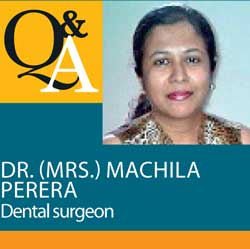 Speaking on the clinical significance of wisdom teeth, Dr. Machila stated, “At present, wisdom teeth pose a problem to many patients. They are the most commonly impacted teeth in the human oral cavity.” She also went onto say that if a wisdom tooth had fully erupted, the patient was lucky as it would function as a normal tooth with the least amount of complications associated with the third molar. There could also be the fully erupted wisdom teeth which may not give any trouble or could be very mild. “Troubles arise with the partially impacted wisdom teeth. They are classified by the direction and depth of impaction, amount of available space for tooth eruption, amount of soft tissue (gums) or hard tissue (jaw bone) that cover the teeth. “Dental surgeons can assess the difficulty of the teeth erupting and thereby decide on whether it should be removed or not, depending on the inconvenience caused to the patient.
Speaking on the clinical significance of wisdom teeth, Dr. Machila stated, “At present, wisdom teeth pose a problem to many patients. They are the most commonly impacted teeth in the human oral cavity.” She also went onto say that if a wisdom tooth had fully erupted, the patient was lucky as it would function as a normal tooth with the least amount of complications associated with the third molar. There could also be the fully erupted wisdom teeth which may not give any trouble or could be very mild. “Troubles arise with the partially impacted wisdom teeth. They are classified by the direction and depth of impaction, amount of available space for tooth eruption, amount of soft tissue (gums) or hard tissue (jaw bone) that cover the teeth. “Dental surgeons can assess the difficulty of the teeth erupting and thereby decide on whether it should be removed or not, depending on the inconvenience caused to the patient.
Dr. Machila said common complaints occurring due to wisdom teeth were related to the difficulty in brushing the molars at the corners of the mouth.
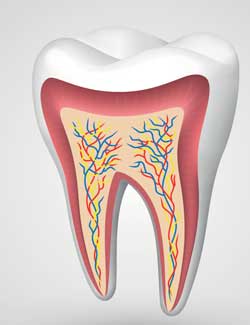
This could lead to numerous problems, the common being:
1. infection of gums around the wisdom tooth (known as pericoronitis) that ranged from mild to severe. This is also the most common reason for wisdom tooth removal.
2. The second complaint is dental caries or tooth decay. The decay could spread to other teeth, namely the second molar.
3 - 4. Other complaints are periodontal diseases and cyst formation.
Dr. Machila also spoke about a few other complications that could arise due to wisdom teeth extraction but said there was no cause for alarm. Drinking hot water, probing with the tongue and washing the mouth constantly are also some of the don’ts that have to be paid attention to. Patients may also sometimes be susceptible to infections, 3-7 days after surgery. With lower wisdom teeth removal, altered sensation of the lower lip, chin and teeth may be experienced and will only last for a few days and subside later on
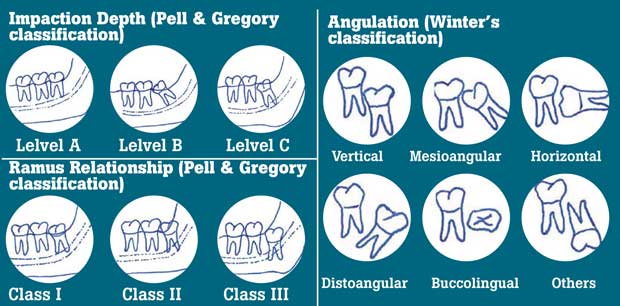
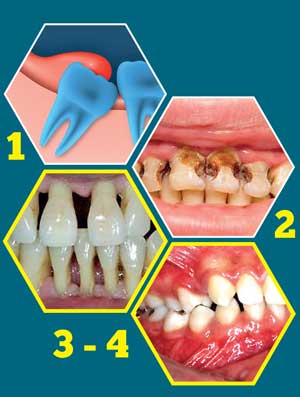
It is advisable for all patients in their late teens and early twenties to go for dental check-ups which Dr. Machila added was not very frequently done in Sri Lanka. “Patients will be reviewed with periodic dental radiographs (X rays) which help dental surgeons decide on the possibility of tooth eruption.
“If wisdom teeth cause problems such as periodontal disease, cavities that can’t be restored, cysts or other pathologies or even damages to neighboring teeth, extraction will be required.” Dr. Machila mentioned that extraction could be either normal or surgical, depending on the degree of impaction.
Surgical removal is done under local or general anesthesia or sedation. She also mentioned the problems that can be expected after surgical removal of the wisdom tooth, all the while stressing on the fact that they were completely normal and that there was no need to be alarmed or to fear surgery. Analgesics will be prescribed to reduce the pain. Patients may also experience blood stained saliva which is normal. They will have to stick to soft diets for a couple of days due to the difficulty in swallowing. Jaw stiffness and sensitive adjacent teeth are also the other effects that may remain for a few days. Simply follow the post-surgical instructions and medicine given by the dental surgeon. “Wisdom tooth extraction is a very common and safe surgery. It is also important to keep in mind that the after-effects differ from patient to patient. Patients need to discuss their complaints with the dental surgeon to get a complete clear picture prior to giving consent to the surgery.”